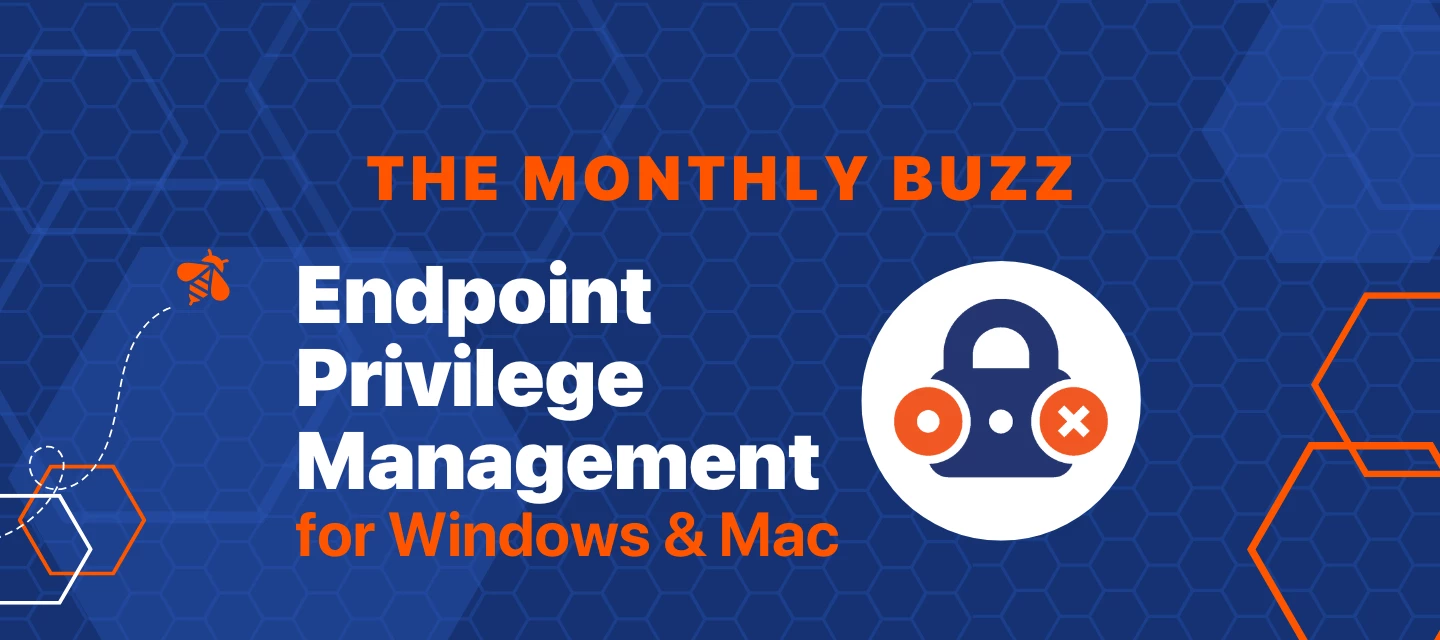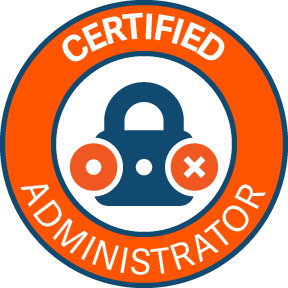How to Empower Developers Without Sacrificing Security: A Smarter Approach to Admin Rights
The Developer Dilemma: Speed vs. Security
Imagine this: It’s Monday morning and Sarah, a senior developer, needs to get started on her work for the week. But first, she needs to update one of her dev tools to patch a significant security vulnerability. In the past, this was a simple task. But a recent company-wide decision to remove local admin rights has stalled her progress.
Suddenly, Sarah finds herself stuck in a helpdesk queue, waiting hours for a routine approval. She’s gone from a creative problem-solver to someone hamstrung by the very policies meant to protect the company, similar to when Mac users need to update Xcode Command Line Tools, approve a Docker Desktop helper, or install a Homebrew cask that requires privileged writes. These are all common tasks that now require elevation.
This scenario highlights the ongoing conflict between a developer’s need for rapid agility, and the security team’s mandate for rigorous user access reviews and control. It’s a classic dilemma: developers want the freedom to innovate while security teams need to protect systems. This tension is at the heart of the end-user security debate. Must security always come at the cost of productivity? Or is there a smarter way to manage permissions that works both for developers and security teams?
Unrestricted admin rights pose a serious and well-recognized risk. A developer might download a new tool to quickly complete a task only to find out later that the tool was actually compromised, potentially installing malware on their machine. This single action could lead to multiple undesirable outcomes, including incurring a data breach, ransomware, and/or major financial and reputational damage. Even with Gatekeeper and Notarization, users can be socially engineered to run unsigned or risky installers.
So, how can a company balance the need to manage risk while keeping their most important resources productive? The answer lies in balancing employee needs with the principle of least privilege. An Endpoint Privilege Management (EPM) solution offers a way forward by providing flexibility without exposing organizations to unnecessary risk.
Read more on our blog.
Customer Case Study
Large State Entity: Large State Entity Adopts Identity Security Insights to Reveal Data Across Domains and Reduce Risk
Latest Available Versions:
Endpoint Privilege Management (Cloud and Pathfinder) 25.7.509 - Sept 2025
EPM for Windows and Mac (Cloud only) 25.6.580 - August 2025
EPM for Windows and Mac (Cloud and Pathfinder) 25.7.543 - September 2025
Beekeepers Hot Topics
Driver Exclusion - Wildcard support
“Hello! I see that driver exclusion does not support wildcards or folder paths and it needs full path of executable. There is idea but it is in Will Not Implement status. Just wanted to understand from community if you have came across this requirement. We have large number of endpoints with EPM W and have seen at least a few apps that have conflicts and need exclusions. msedgewebviewruntime has been a pain as it is located in 3 folders and folder names change at least once per month . Similary some other security tools that may require exclusions in EPM. some have folder paths that include version numbers , some have processes that are similar to PRA (random characters at the end). A lot of other security tools allow this control to admins.”
Click here for the most popular discussions in BeeKeepers
Upcoming and In Case You Missed It Webinars:
Road Maps:
Upcoming Product Road Map EPM, Windows and Mac : Tuesday, October 7th, 2025
2025 July Product Road Map: Endpoint Privilege Management Windows & Mac
User Groups:
Q3 Americas EPM User Group Recording

Announcements
Earn $25 by reviewing BeyondTrust!
Your feedback not only helps us but also assists other businesses in making informed decisions. As a token of appreciation, we are offering $25 for each published review through G2 using the link below. Leave a review on G2 and earn $25!

Who To Contact
Need to reach someone from the team or have questions?
Find your main points of contact below.
Support:
Technical Support – Best Practice
Customer Success Management:





